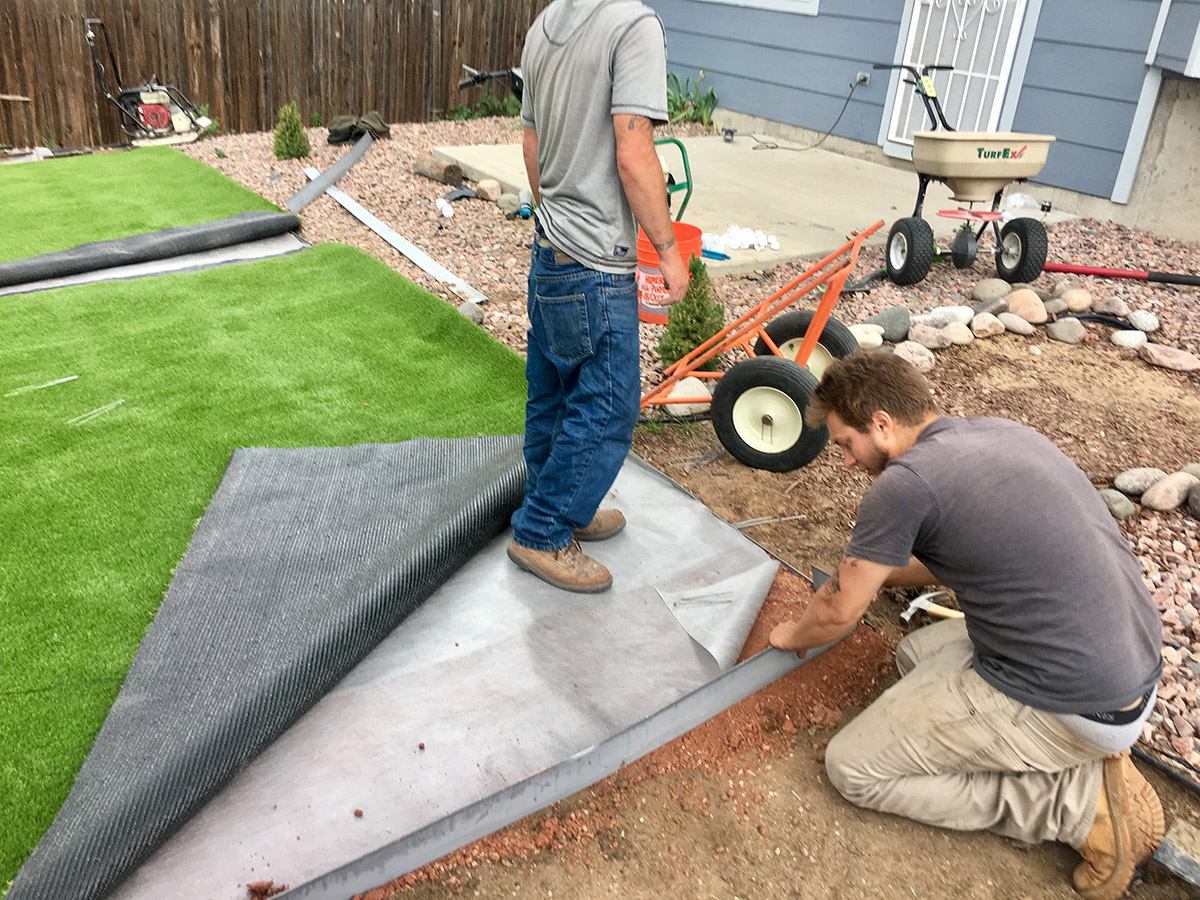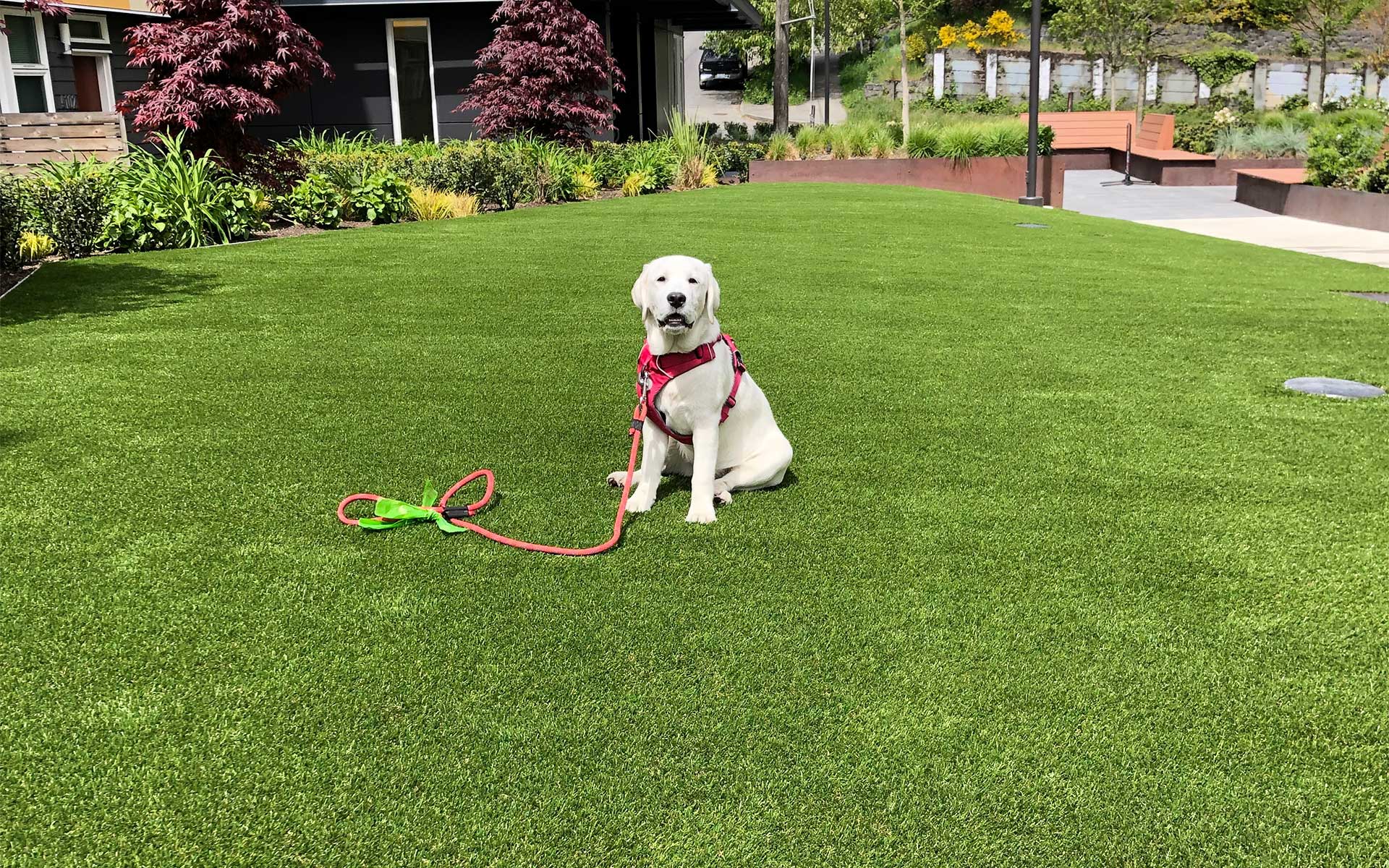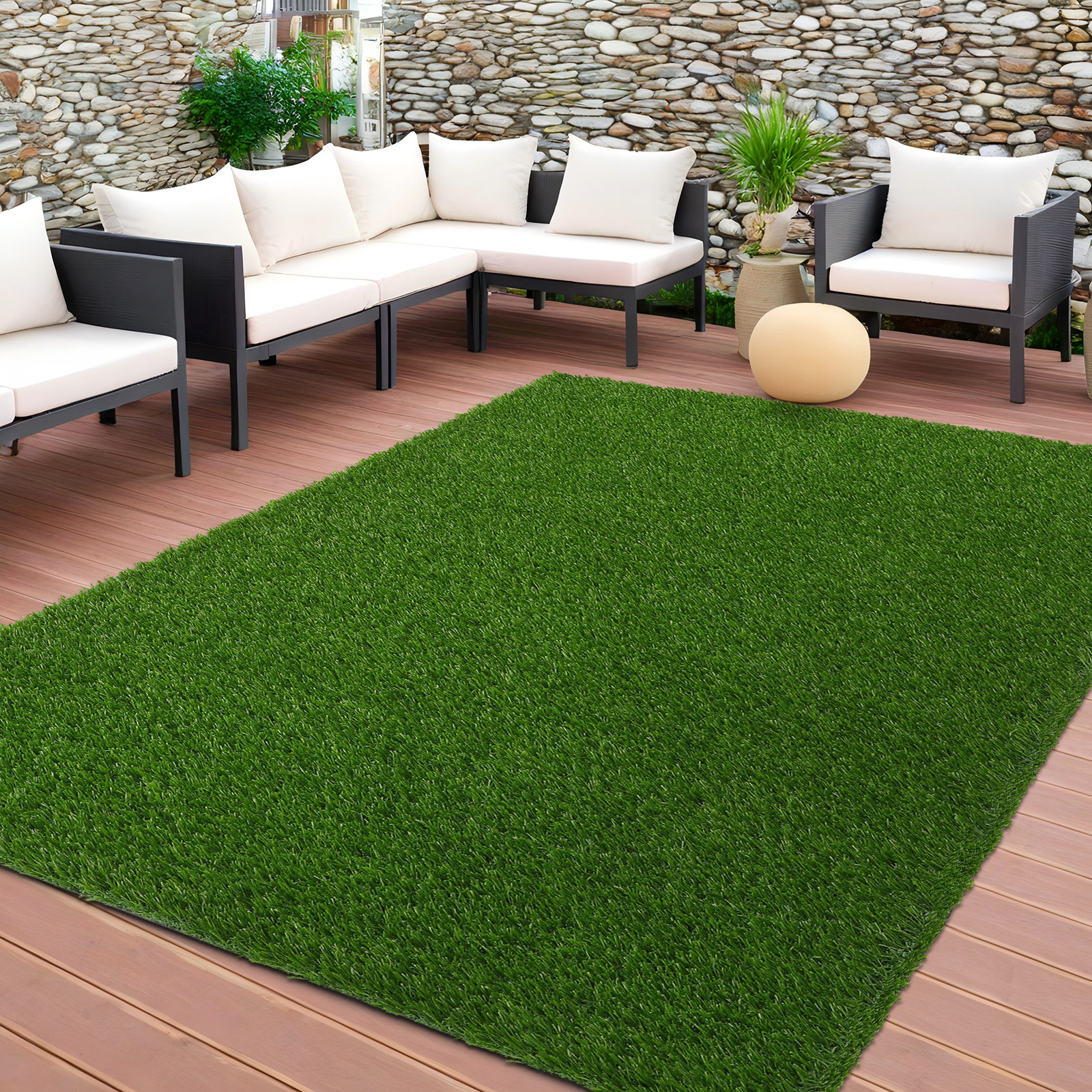Find the Best Artificial Turf Companies Phoenix for Your House or Commercial Space
Find the Best Artificial Turf Companies Phoenix for Your House or Commercial Space
Blog Article
Delve Into the Environmental Conveniences of Opting for Artificial Turf Solutions
The adoption of fabricated turf options provides an engaging possibility to attend to pushing environmental challenges. By substantially minimizing water use and decreasing the application of harmful chemicals, these choices not only advertise lasting landscape design however also protect regional communities.
Water Preservation Conveniences
Among one of the most significant benefits of synthetic grass is its ability to save water. Conventional lawn lawns need significant irrigation, particularly in areas susceptible to drought or water limitations. In comparison, synthetic turf does not require watering, dramatically lowering the total need for water resources. This feature is specifically beneficial in deserts where water deficiency is a pressing issue.
By eliminating the demand for normal watering, artificial turf adds to lasting landscape practices and aids mitigate the ecological effect of too much water intake. In addition, the conservation of water encompasses the decrease of overflow, which can cause dirt erosion and river pollution.
Additionally, the installation of synthetic grass allows property owners and districts to allot water resources extra effectively, concentrating on necessary usages such as alcohol consumption water and farming. The shift in the direction of synthetic grass not only promotes liable water use however also lines up with wider environmental objectives targeted at preserving natural deposits.
As areas significantly prioritize sustainability, the water preservation benefits of synthetic grass provide a compelling case for its adoption in business and property landscaping jobs.
Reduced Chemical Usage
The transition to artificial turf dramatically decreases the dependence on chemical treatments frequently used in natural lawn maintenance. Conventional turf management typically involves the application of herbicides, fertilizers, and pesticides to advertise development and control pests. These chemicals can pose threats to human health, neighborhood wildlife, and the atmosphere, adding to soil and water contamination.
On the other hand, artificial grass eliminates the requirement for these harmful substances. Once set up, it needs minimal maintenance, mainly containing regular cleansing and irregular infill replenishment. This reduction in chemical use not only benefits the immediate setting however additionally adds to more comprehensive ecological stability. By decreasing the launch of synthetic compounds right into the ecological community, synthetic grass advertises much healthier soil and water supply.
Additionally, the absence of chemical drainage connected with synthetic grass setups helps safeguard regional waterways from air pollution, sustaining aquatic life and preserving biodiversity. Artificial turf companies phoenix. As neighborhoods significantly prioritize lasting practices, going with synthetic grass presents a sensible option that lines up with ecological conservation objectives. Via this change, homeowner can enjoy lush green spaces without jeopardizing environmental health and wellness, leading the way for a more lasting future
Lower Carbon Impact

Additionally, the installation of synthetic grass can result in considerable water conservation. All-natural lawns call for significant amounts of water for irrigation, which not only contributes to the carbon footprint related to water extraction and treatment however also pressures neighborhood water resources. In contrast, fabricated grass needs minimal upkeep, calling for no watering, thus substantially decreasing water usage and its connected energy prices.
In addition, the durability of synthetic try these out grass adds to its reduced carbon impact. With a life expectancy of as much as 15 years or even more, the requirement for constant substitutes is lessened, resulting in less waste and lower power intake in manufacturing and taking care of standard lawn options. In general, synthetic grass presents a lasting option for ecologically aware landscape design.
Environment Preservation
Habitat preservation is a crucial consideration in the discussion over landscape design options, particularly when comparing synthetic grass to all-natural lawn. Natural turf lawns usually need considerable upkeep, consisting of using herbicides, pesticides, and fertilizers, which can detrimentally affect neighborhood communities. These chemicals can leach into the dirt and rivers, hurting native plants and animals and interfering directory with neighborhood habitats.
On the other hand, artificial grass presents a chance to minimize the environmental footprint of landscape design. By choosing artificial turf, homeowners can minimize the disruption of natural environments related to typical lawn care techniques. Man-made grass removes the requirement for damaging chemicals, consequently safeguarding close-by wild animals and preserving the integrity of bordering ecosystems. The installment of artificial turf can lead to the conversion of previous lawn areas right into more biodiverse landscapes, such as pollinator yards or native plant areas, which can support neighborhood wildlife.
Eventually, the change to synthetic grass not only conserves water and lowers maintenance efforts but also cultivates a more unified relationship in between human tasks and the natural environment, promoting environment conservation at the same time.
Long-Term Sustainability
Lasting sustainability is a crucial factor in evaluating the advantages of synthetic grass over typical grass yards. One of the most considerable advantages of man-made grass is its resilience; it can last up to 15-20 years with minimal maintenance, whereas natural yard calls for regular reseeding and replacement. This durability reduces the requirement for constant resources, such as water, plant foods, and pesticides, which are crucial for preserving a healthy turf lawn.
Additionally, synthetic grass adds to a reduction in carbon emissions related to yard care tools. Conventional yards typically require gas-powered mowers, leaners, and blowers, every one of which contribute to air pollution. Arizona turf. On the other hand, synthetic grass removes the demand for such devices, advertising a cleaner environment
Additionally, the manufacturing of synthetic grass significantly makes use of recycled products, enhancing its sustainability profile. As manufacturers take on eco-friendly techniques, the environmental impact of artificial turf remains to reduce.

Verdict
The fostering of synthetic grass remedies presents substantial ecological advantages, consisting of substantial water conservation, minimized dependence on hazardous chemicals, and a reduced carbon footprint. Additionally, synthetic grass aids in protecting natural environments by lessening land disturbance and advertising lasting sustainability with making use of long lasting products. Collectively, these variables underscore the capacity of man-made grass to add positively to environmental health and wellness and supply a viable choice to conventional landscape design methods in a progressively resource-conscious world.
In contrast, man-made turf does not need watering, dramatically minimizing the general demand for water sources. By lessening the launch of synthetic compounds right into the community, artificial lawn promotes healthier dirt and water systems.
Additionally, the installation of fabricated lawn can result in substantial water conservation. In contrast, man-made grass requires minimal maintenance, needing no watering, consequently dramatically reducing water usage and its linked power expenses.

Report this page